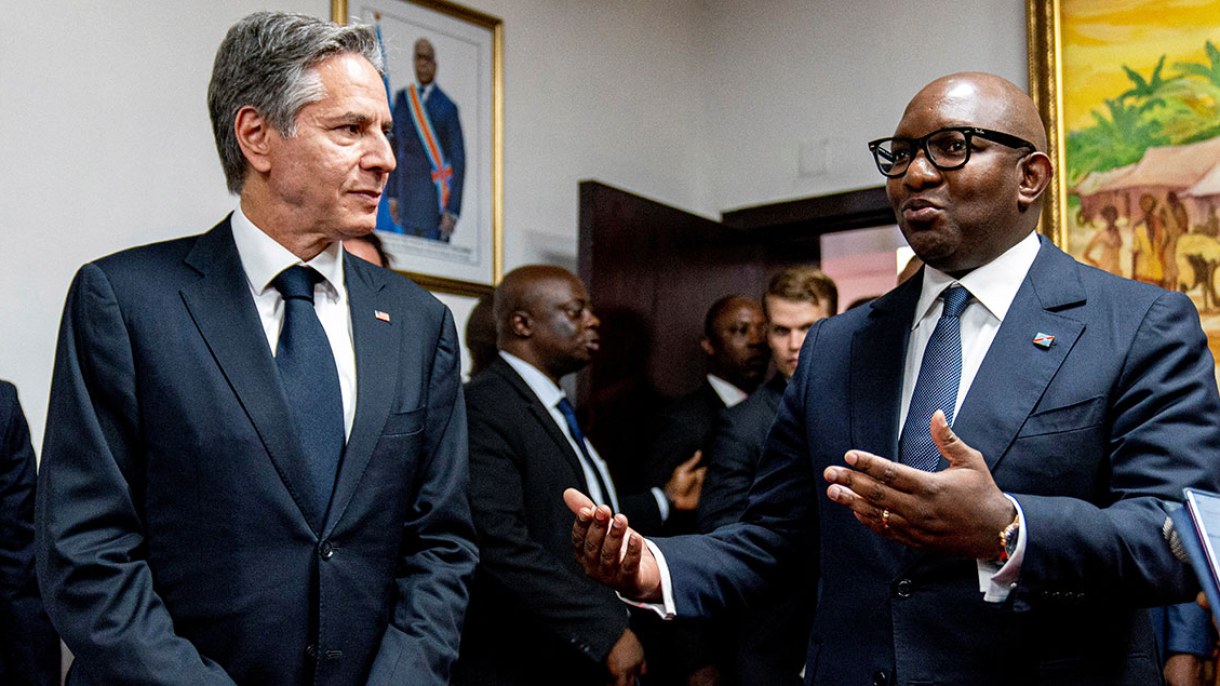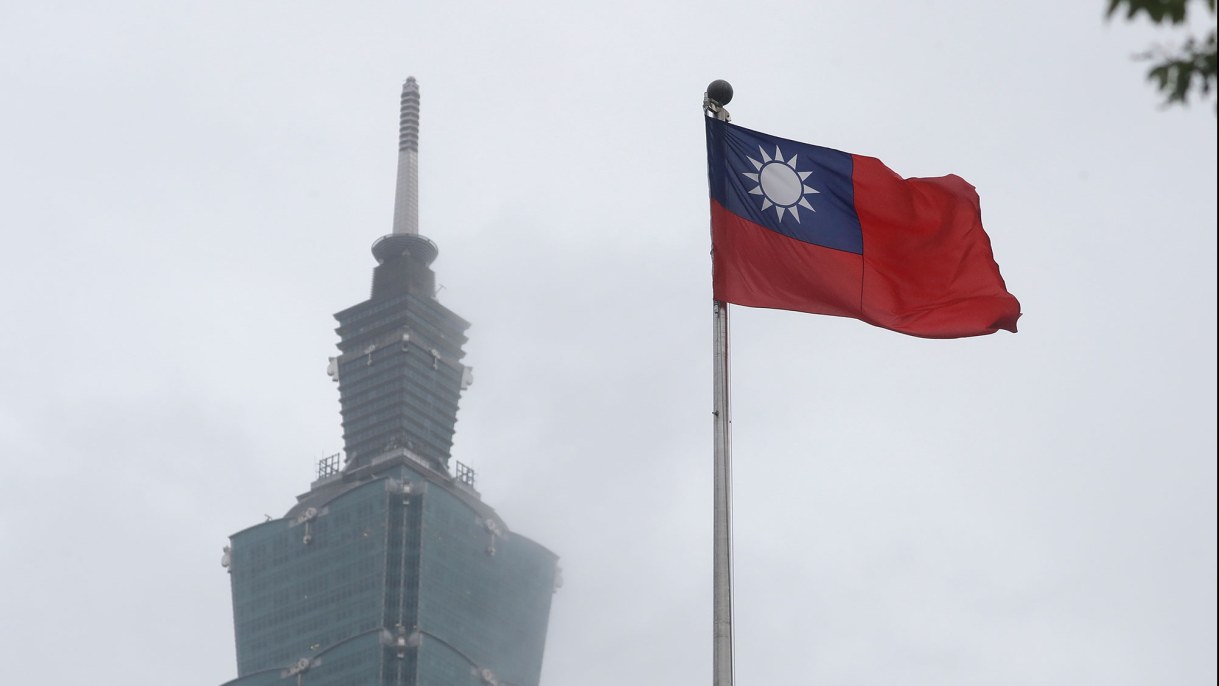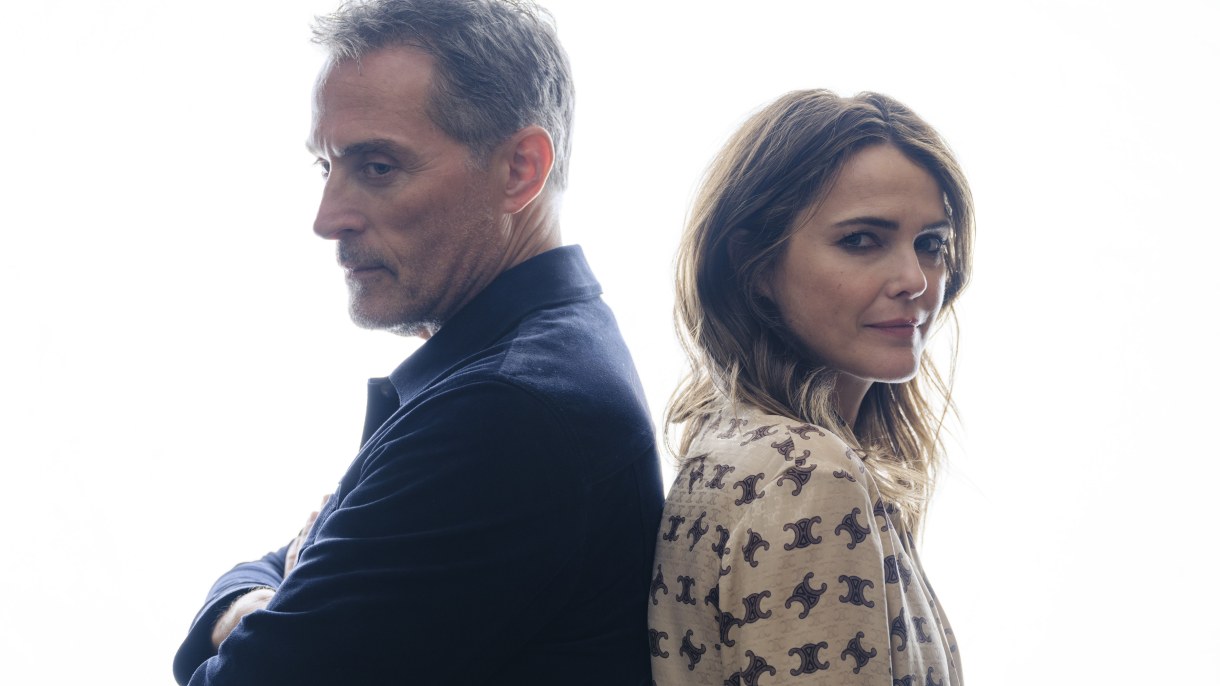Fully-matching results
-
1 Russian Public Accepts Putin’s Spin on Ukraine Conflict ...
Yet an overall majority of Russians support their government’s action in Ukraine. ... in eastern Ukraine would boil over into a war between Russia and Ukraine. https://globalaffairs.org/sites/default/files/2022-04/Final%20Russia%20Brief%20V3.pdf -
Public OpinionReuters
Strong Partners: Japanese and US Perceptions of America and the World | Chicago Council on Global Affairs
New data from the Japan Institute of International Affairs and the Council offer insights on how publics in the United States and Japan view the relationship between their countries.
-
Food and AgricultureAnne Thurow
Beating the Odds: The Mothers and Children of the 1,000 Days Movement | Chicago Council on Global Affairs
Ten years after The First 1,000 Days book began, Roger Thurow revisits the featured mothers and children to see how they are faring.
-
 Global PoliticsREUTERS
Global PoliticsREUTERSUS Africa Leaders Summit Preview
President Joe Biden will host the US-Africa Leaders Summit in Washington, DC, in December 2022. Africa’s shift toward China, Russia will be the meeting subtext.
-
Few Signs of “Ukraine Fatigue” Among American Public Dina ...
Providing economic assistance toUkraine. Sending US troops to Ukraine to helpthe Ukrainian government defend. ... Very likely Somewhat likely Somewhat unlikely Very unlikely. Precedents Set by Invasion of Ukraine. https://globalaffairs.org/sites/default/files/2022-08/Final%20Ukraine%20Brief%20-%202022%20CCS.pdf -
 Public OpinionAP Photos
Public OpinionAP PhotosTwo-Thirds of Americans Think US-Taiwan Relations Bolster US Security | Chicago Council on Global Affairs
But a majority oppose sending US troops if China were to invade the island.
-
US Foreign PolicyUkrainian Presidential Press Office via AP
It's Time to Bring Ukraine into NATO
"Though the Kremlin has long portrayed Ukraine's membership in NATO as a red line, there is no need to fear Russia's response to Kyiv's accession to the alliance," Paul Poast writes.
-
 US Foreign PolicyAP Photos
US Foreign PolicyAP PhotosNetflix’s “The Diplomat”: Pop Culture Gives Diplomacy a Boost | Chicago Council on Global Affairs
"The Diplomat" is Hollywood's take on the foreign service. Deep Dish explores the significance with a career diplomat and TV producer.
-
Defense and SecurityReuters
The War in Ukraine Will End with a Deal, Not a White Flag
"While Russia can’t win, it won’t lose. Instead, it will hold out until Ukraine is willing to bargain," Paul Poast writes.
-
US Foreign PolicyAP Photos
What the Ukraine War, Taiwan, and Gaza Have in Common
"Washington’s denial—or revisionism—about US policies that helped to fuel current or potential crises only makes them more intractable," Paul Heer argues.

